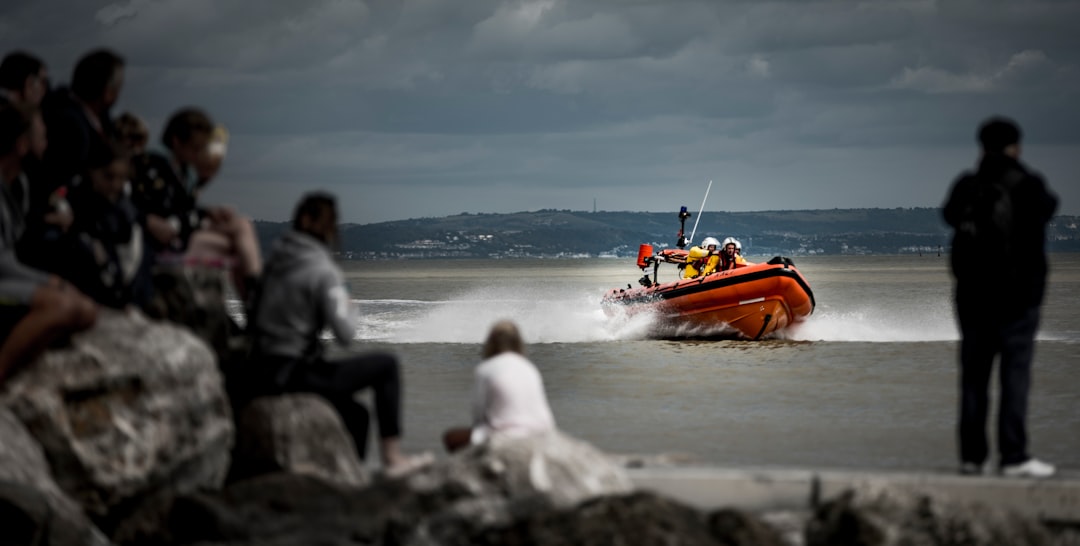Following the Financial Independence Formula you can build towards having enough net assets to live off for the rest of your life.
But, there are more ways to protect yourself against risks. Here we look at some of the key ones: Insurance and an Emergency Fund.
What insurance do I need for Financial Independence?

The purpose of insurance is to protect you from downside risk. Where an event is possible, but the timing is not certain, consider taking insurance.
When you take insurance, you are paying by cash outflow in order to protect yourself from the chance of larger future cash outflows.
What is the insurance equation?
The cost of insurance is calculated as follows:
Cost of insurance = Estimated Chance of an event happening multiplied by the expected cost of that event happening less deductible/excess plus insurer’s profit.
Insurance is a type of bet.
You make a bet on a bad thing happening to you, like your house during down. An insurer calculates the odds of that bad thing happening and the cost of fixing the problem.
To lower their risk, and make the cost of insurance more affordable, insurance ask for a deductible or excess. The insurance deductible is the amount you pay as an individual if the event happens. The insurer does not have to pay this element.
They then add on a profit margin, which also serves to take away some of the risk.
Do I need to take insurance?

One of the key benefits of building up your net asset is that you are self-insured for many events.
If you consider the insurance equation above, you realise that you are not only paying to protect yourself against the risk, you are also paying profits of the insurance company.
If you were the richest person in the world, you would not need insurance, because you could afford to pay from your own resources for any disaster that struck.
However, under financial independence you are assuming a steady annual expenditure. If a major unexpected event happened, you would either have to reduce your expenditure elsewhere to cover it, lose the status of financial independence, or have insurance in place.
The trade-off of having insurance in place, is it increases your annual expenditure as you pay for the insurance.
The solution seems to be, to only insure yourself for events that you could not absorb the cost for by adjusting your annual expenditure over time.
The best way to achieve this is to use high deductible or high excess your insurance policy.
Choosing a high deductible or higher excess will reduce the annual cost to you of the insurance, because the insurer is having to insure a smaller amount. If the bad event never happens, you have won by having a lower insurance payment.
If the bad event does happen, and it is very expensive, the insurer would cover the majority of the costs. For example, if you chose a high deductible on your home insurance, for example agreeing to pay the first $5000 of cost if your house burnt down, and then your house burnt down and the cost to rebuild your house was $200,000, you would only be liable for 2.5% of the total rebuild cost.
in the house burning down example, because you’re taking insurance most of the downside risk is covered. Because you took a higher excess, the more likely situation of your house not burning down has not cost you as much in ongoing insurance payments.
This principle applies to all kinds of insurance.
What types of insurance should I have?
The type of insurance you require is based on your life circumstances. If your intention is to reach and maintain financial independence, I recommend the following approach:
- Home insurance
- If you own a home, the building and contents of your home are likely to be very valuable. Take home insurance with a high excess.
- Renters insurance
- If you choose to rent, your landlord should be protecting the value of the building. However they are unlikely to protect your content, so take renters insurance with a high excess.
- Car insurance
- If you’ve chosen to own a car,
- Life insurance
- If you are single with no dependents, there is no real reason for life insurance.
- If you have dependents, for example, husband, wife, children, and you are not financially independent, you should take out life insurance.
- If you have dependents, for example, husband, wife, children, and you are financially independent, the return from your assets can be used to fund your dependence, if you were to die. The result, is generally not necessary to have a separate life insurance policy.
- Health insurance
- If you live in a country with free healthcare, it’s unlikely that private health care insurance is necessary. It would be a luxury, so it depends on your lifestyle design.
- If you live in a country where you have to pay for your healthcare, get healthcare insurance.
- Travel insurance
- Travel insurance is generally inexpensive. Take an annual policy with a higher excess.
- Be careful that if you decide to travel the world as part of your financial independence, the insurance rules may be quite different from the occasional holiday. Check with the broker.
- Pet insurance
- Pets can generate surprisingly high costs particularly when they are very young and old. If you decide you would like a pet, factor in pet insurance as part of the total cost of ownership of your pet.
- Landlord insurance
- If you carry real estate investments, you shouldn’t insure the building. If you are dependent on the income from the real estate as part of your financial independence plan you should also ensure the income.
- Loss of employment insurance
- If you unexpectedly lose your job, this will have a significant effect on your cash flow. You may find it difficult to find another job quickly. Ideally, as this likely to be a temporary situation, he should fund the pay gap through an emergency fund.
- Purchase insurance.
- Often companies will offer you insurance when you buy their hardware. Normally, the cost of this insurance is very high relative to the benefits they offer. Particularly as many faults with products are covered by consumer protection laws. Generally, avoid this insurance and self fund.
Your circumstance may mean you need other specialist insurances. Again, follow the principle of only taking insurance if you need it, and choosing a high deductible / excess if you can afford it.
What is an emergency fund?

An emergency fund is an amount of money that is easily accessible in the event of unforeseen circumstance. Essentially, it is cash to pay for the unexpected.
An emergency maybe a high unexpected cost. Or it may be an unexpected loss of income.
The largest unexpected costs should be protected by insurance, as described above. Smaller and expected costs, which might include the deductible or excess on an insurance claim, can be funded from the emergency fund.
With most people only saving less than 10% of the income, they carry little protection for the loss of a job wage. If I saved 10% of my income for one year, it would mean I could withstand just over a month without income before my savings ran out. (You earn 8.3% of your salary each month).
For your protection, you should aim to have an emergency fund of money you can access easily of several months expenses. There is no exact science as to how many months are you should carry.
Liquid cash usually has the lowest yield of any financial asset. Often, you actually lose money after inflation. Therefore, other things being equal, you would want to minimise your liquid cash. However, in an emergency you may not have time to access longer term investments, at least without incurring large transaction costs.
What is a simple emergency fund approach?

A simple emergency fund would be to carry six months of expenses in liquid cash, like a bank account. This means you could continue to spend money at the same rate for six months after losing your income without having to access any money locked away in other investments.
What’s more, you could look to reduce your current spend right during the emergency period. If you could half your monthly spend during the emergency, you could survive 12 months after losing your income without having to access money locked away.
Most people should be able to find a replacement income within 6 to 12 months.
Key takeaways
- Insurance protects you from major unexpected costs.
- An emergency fund will protect you from short-term cash requirements.
Key actions
- Take out insurance with a high excess for your house, car, health (if there’s no free healthcare), life (if you have dependents and are not financially independent).
- Build an emergency fund to be prepared for other unplanned cash outflows
What’s next?
You are now ready to own your financial freedom.